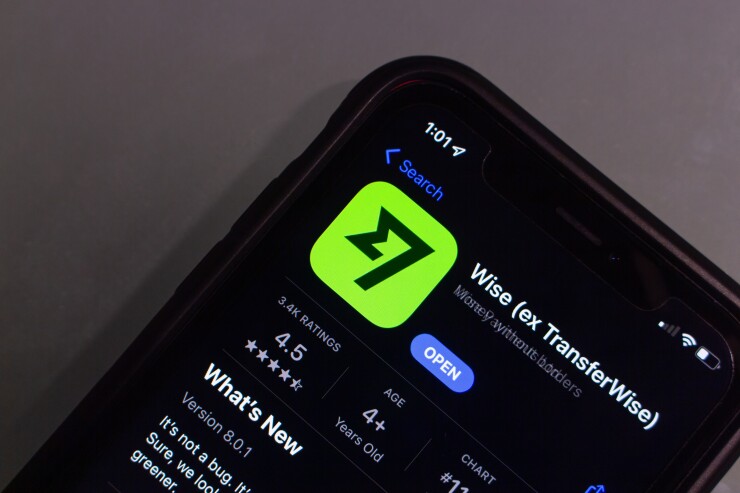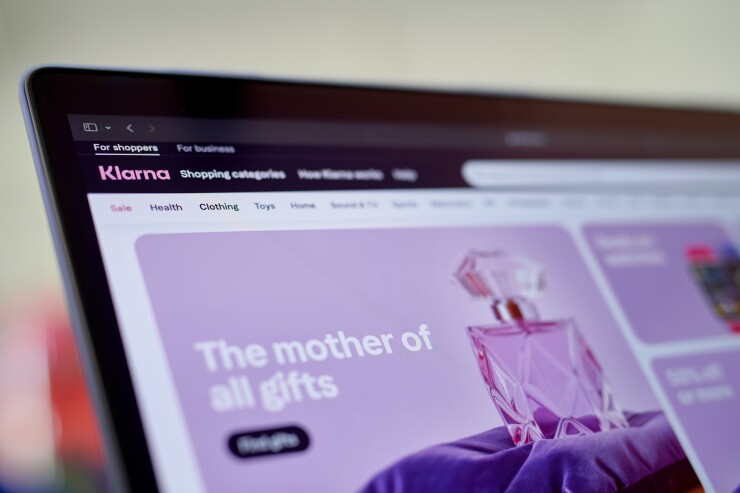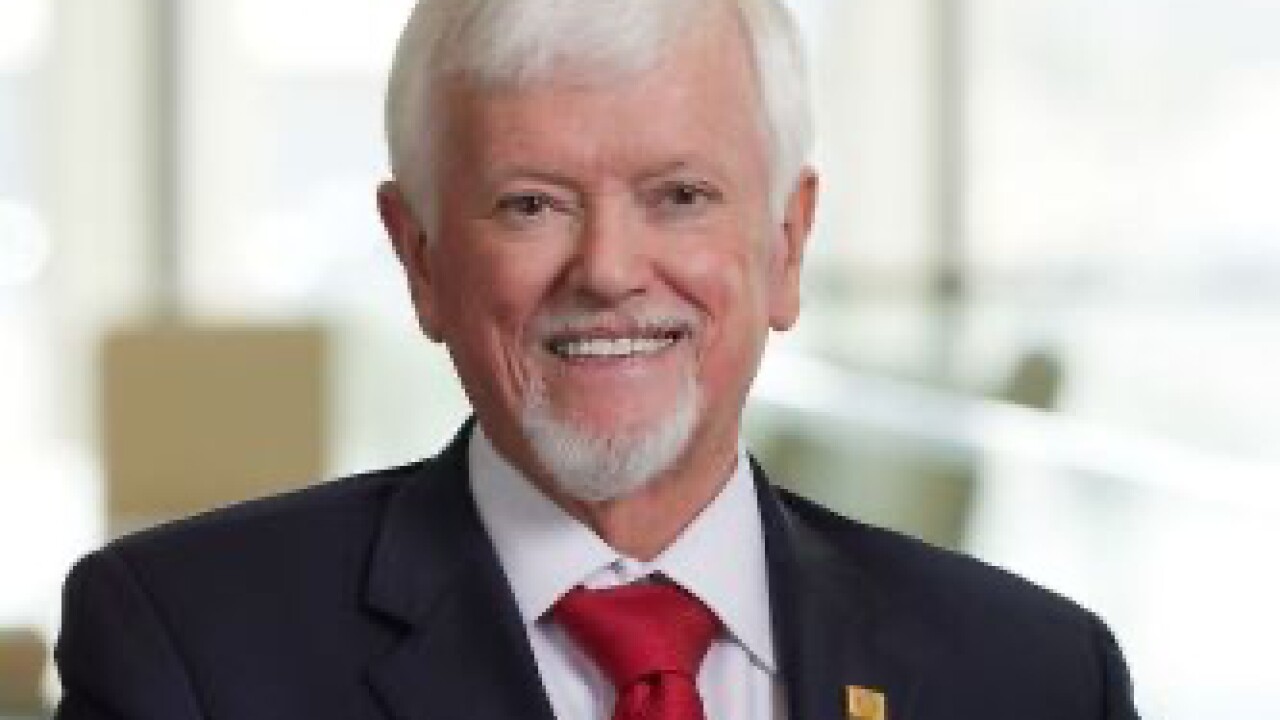
- JPMorganChase and Ant are speeding transaction processing for business payments.
- Airwallex makes a deal to bolster its payments tech.
- Wise considers a U.K. banking license, and more in this week's global payments and fintech roundup.
Singapore-based technology giant Ant International has completed a nearly instant U.S. dollar to euro foreign exchange payment in Asia through
Ant, integrated
Blockchains, which support cryptocurrencies, have long been used to streamline cross-border payments, particularly as firms such as
In the case of
"Near-instant on-chain FX cross-border payments through Kinexys Digital Payments provide businesses with uninterrupted access to liquidity across selected global currencies, enabling them to conduct transactions outside of designated market hours and beyond the limitations of traditional market cutoff times," a

Airwallex acquires billing fintech to compete with Stripe
Airwallex has acquired software-as-a-service platform OpenPay for an undisclosed amount in an effort to directly compete with Stipe Billing, a recurring payments tool for small businesses.
San Francisco-based OpenPay provides billing, subscription management, payment orchestration and revenue analytics tools to small businesses.
"Most billing systems are locked in the past, they were never designed for a global, multi-currency world. That's the gap we're closing," said Jack Zhang, co-founder and CEO of
Payment fintechs are increasingly looking for ways to
Billing capabilities are expected to be available to Airwallex customers in the fourth quarter, according to the company. —Joey Pizzolato

Wise considers UK banking license
International remittance fintech Wise is considering applying for a banking charter in the United Kingdom,
Wise is in the early stages of exploring the license and has not yet applied for one, according to The Times.
Wise, which was founded in 2011, is currently classified as an electronic money institution in the country. That classification allows Wise to move money but does not allow it to take deposits or lend using those deposits. Money held in consumers' accounts must also be ring-fenced.
A banking license will allow Wise to gain direct access to U.K. payment rails in a move that will reduce its margin expense to third-party banks that currently provide that service to the fintech, Simon Taylor, an advisor at Sardine, said in a LinkedIn post. It will also help to reduce counterparty risk for Wise.
Wise

Visa adds green data for payment processing
Visa will incorporate data from U.K. climate fintech Ample Earth into merchant payments as part of a strategy to expand analysis of the environmental impact of commerce.
The card brand argues there is a demand for data on the
Visa and Ample will gather and include sustainable data in digital banking apps and loyalty programs, enabling the banks to offer incentives based on merchant and consumer segments that have an interest in lowering carbon footprints. Apple analyzes merchants' environmental impact and produces labels and tags that serve as a score that consumers can view and act on.
"Transactions are a touchpoint people interact with daily. By helping people understand the impact of their spending, we can empower millions of businesses and customers to use their purchasing power as a force for good," said Raja Darbari, co-founder & CEO of Ample Earth, in a release.

Klarna launches flexible credential card in Europe
Swedish buy now/pay later financier Klarna is launching its Klarna Card across Europe following the card's U.S. launch in July.
The Klarna Card is
The Klarna Card defaults to debit payments, but users can choose other payment options through the app, including Pay in 3, its 30-day option Pay Later, or longer-term financing for larger purchases, according to Klarna.
Klarna is currently rolling out the card to consumers in Austria, Belgium, Finland, France, Ireland, Italy, the Netherlands, Portugal, Spain and Sweden. It also has plans to add more markets, including Denmark, Germany, Norway and Poland "soon."
BNPL-affiliated cards have proven themselves to be a great way for providers to drive increases in gross merchandise volume and acquire new customers. The Affirm Card, which is also issued by Marqeta and powered by

Ingenico names new chief financial officer
Ingenico has named Joanne Bennett its new chief financial officer, effective Sept. 1.
Bennett will replace Jon Locke, who will become a member of
"We are delighted to welcome Joanne to Ingenico," said Laurent Blanchard, Ingenico's CEO, in a statement. "Her financial leadership, deep transformation expertise, and experience across multiple businesses and in private equity environments make her a strong addition to our leadership team."
Bennett most recently served as CFO of McCarthy Stone, a retirement community developer and manager. She also served as CFO of Swedish bedding company Hilding Anders International and women's clothing company Jacques Vert Group, according to her LinkedIn profile. —Joey Pizzolato

PayPal invests in agentic AI startup
As
PayPal Ventures this week led an $18 million funding round in Kite, a company that builds technology to AI-generated autonomous payments.
Kite's products include Agent Identity Resolution, which allows AI agents to authenticate users and make payments. It supports blockchain technology that is designed for AI agents, which perform tasks with little or no human supervision.
Kite also offers an Agent App Store, which includes application programming interfaces, data analysis and other digital payment tools. The app store recently went live through integrations with Shopify, PayPal and other e-commerce firms.—John Adams

Most UK adults don't carry a wallet or purse
The U.K. ATM network Link reports that only 48% of U.K. adults carry a wallet or purse outside of their homes, though 51% still have made at least one payment in cash per week.
In a report called "Tapping into Trouble?," Link said the reliance on digital payments is also increasing risk for consumers.
Sixty one percent of consumers have experienced a payment failure, according to Link's research.
The
The Financial Conduct Authority, for example, requires banks and credit unions to link access to cash, check cashing, manual withdrawals, and deposit availability to branch networks, in effect creating hurdles to financial institutions trying to close centers to cut costs or add fees to ATMs. The FCA has also encouraged resource sharing and alternative access to cash. —John Adams





